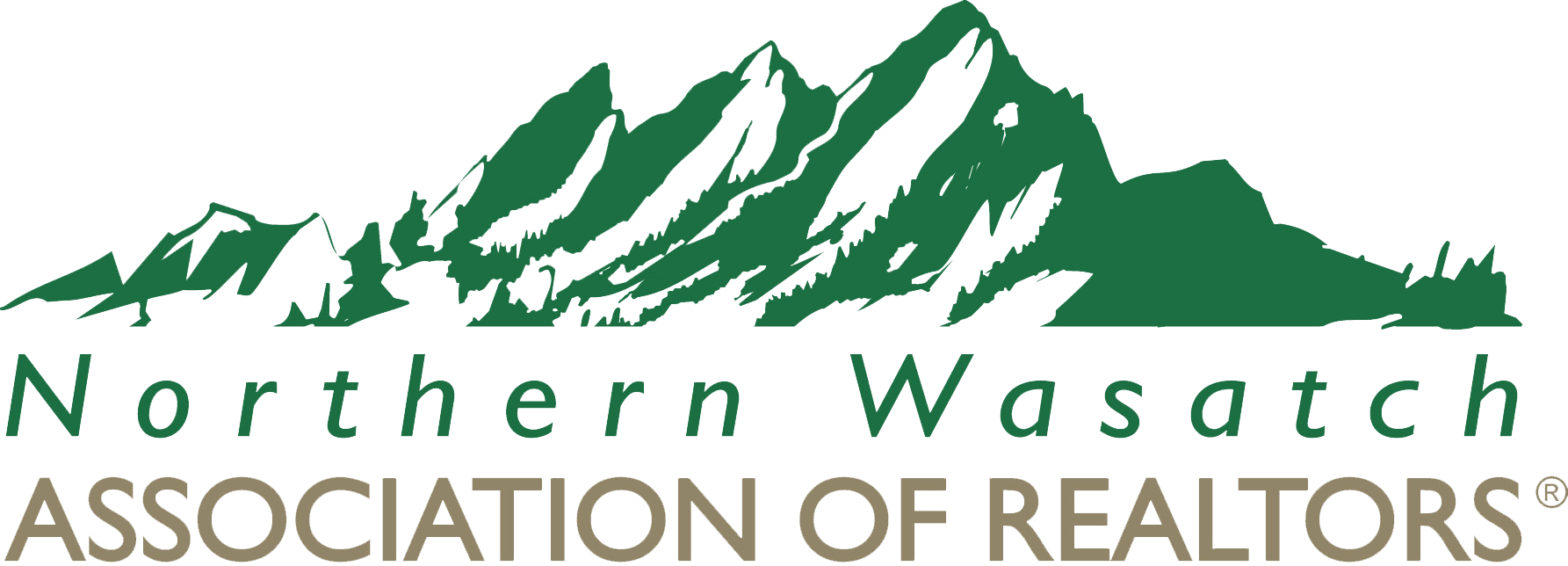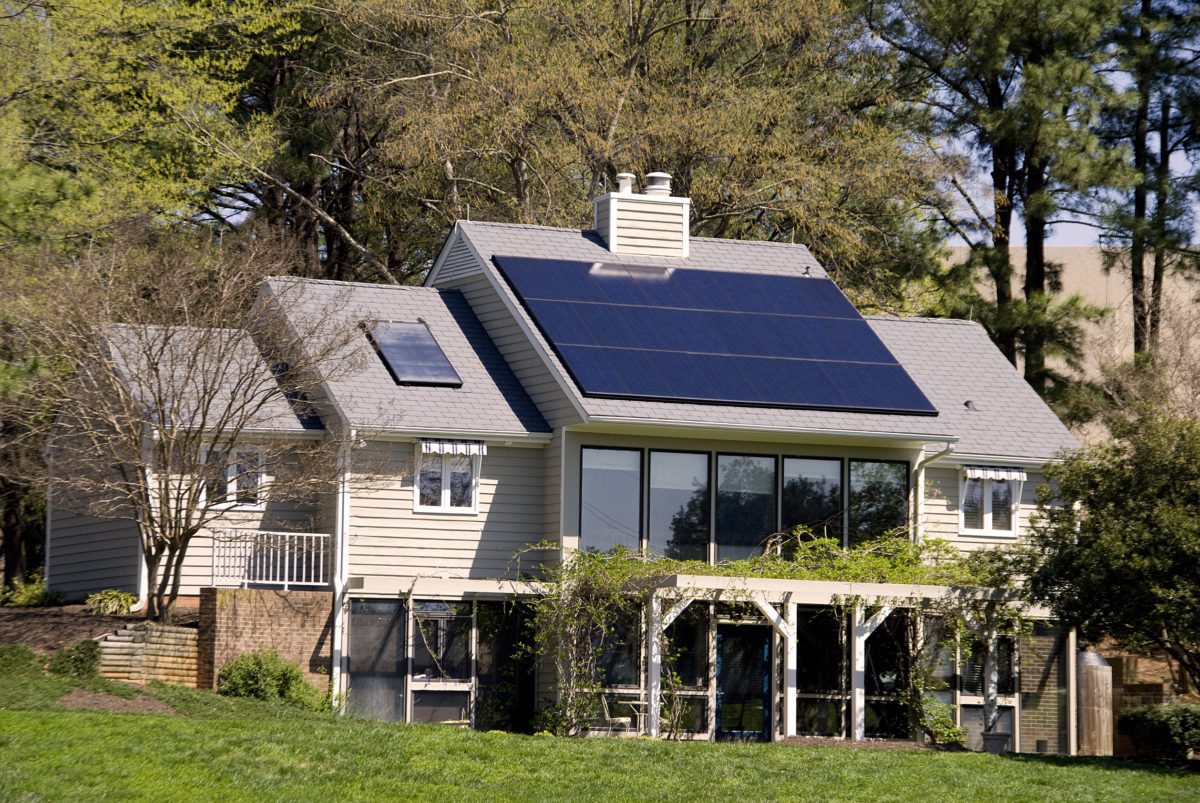As energy prices rise and solar power becomes more affordable, more Utahns are considering installing solar panels on their homes. In fact, the national Solar Energies Industries Association ranks Utah No. 6 on its list of “Top 10 Solar States.”
With the benefits of lower utility bills and improved air quality through clean energy, it’s easy to see why more than 35,000 Utah homes and businesses have installed solar panels.
As solar becomes more popular, you may consider installing your own system or think about buying a home that already has solar. Either way, it’s important to ask a lot of questions and make sure you understand exactly what you’re buying.
Along with the tips and information in this article, the Utah Solar Association has a “Solar Buyer’s Guide” at UtSolar.org. Use this resource to learn more about how solar works and what to look for when buying a solar system.
Potential Pitfalls
A consumer often installs a solar system by either 1) buying it outright with cash, 2) getting a loan to buy the system, 3) not owning the system but making lease payments or 4) buying the energy from the system through a power purchase agreement (PPA).
The type of financing arrangement you choose will affect how you sell your home in the future. Take, for example, a case where a buyer bought a house thinking the solar panels were included in the purchase price. Meanwhile, the seller thought the buyer was going to take over the loan payments for the solar panels. With no payments being made, the lender had no choice but to repossess the solar system.
The problem here was the buyer and seller made assumptions about the solar panels and didn’t talk about how they were financed and who would pay for them.
Another problem could occur if the buyer can’t take over payments for the seller. Before putting solar panels on a house, homeowners should always talk to the solar company about what will happen if they want to sell the house. Is the buyer allowed to take over payments for the seller? How difficult is it for a buyer to qualify to assume the loan? How long will it take to transfer the financing?
Buyers who want to take over the seller’s solar loan, lease or PPA payments will want to talk to their mortgage lender and make sure it won’t negatively affect their ability to get a home loan. They will also want to get information about the solar system and inspect it to make sure they understand how much power it produces and that it’s in good working order.
Communication is Key
If the homeowner owns the solar panels outright, the real estate transaction is relatively easy because the seller can easily transfer ownership to the buyer.
If, however, the seller has a balance on a solar loan or time left on a solar lease or power purchase agreement, buyers and sellers need to negotiate who will pay for the remainder of the payments.
Perhaps the seller pays off the solar loan or buys out the lease payments in return for the buyer paying a higher purchase price. Or maybe the buyer pays less because they will be making payments on the solar equipment in the future.
The most important step is having a conversation early on about who owns the solar panels and who will pay any remaining balance due. A Northern Wasatch Realtor will help you during this negotiation process. Your agent will help you understand the value of the home and what specific questions you need to ask.
To learn more about how to reduce your risk and successfully buy or sell a home with solar panels, contact a Northern Wasatch Realtor. A directory of Northern Wasatch Realtors is available at NWAOR.com.
Brenda Nelson
2018 President, Northern Wasatch Association of REALTORS®

